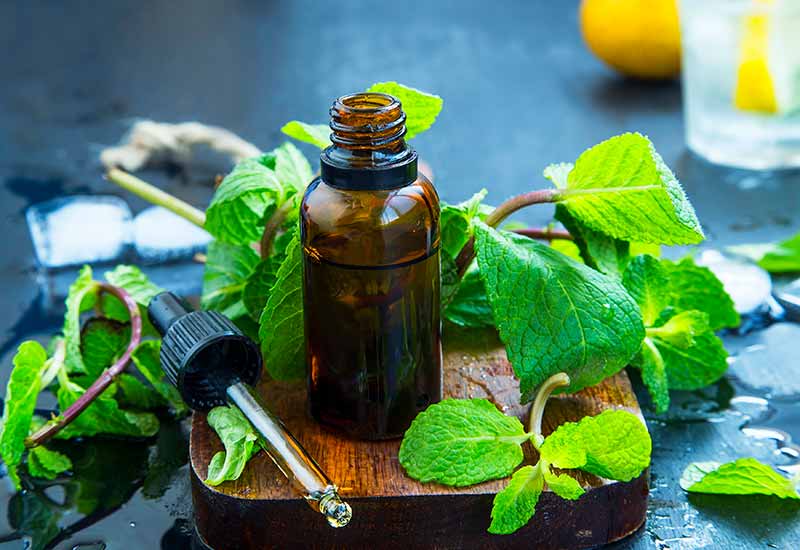 Whether it’s laundry detergent, air freshener, perfume, or cologne, we are exposed to various scents wherever we go. Some people really like it, others are allergic, and the same goes for our furry friends. Most fragrances aren’t toxic to pets, but products containing essential oils have a potent mix of dangerous substances. The public has widely embraced diffusers, but less is known about their potential place in the case of a pet poisoning.
Whether it’s laundry detergent, air freshener, perfume, or cologne, we are exposed to various scents wherever we go. Some people really like it, others are allergic, and the same goes for our furry friends. Most fragrances aren’t toxic to pets, but products containing essential oils have a potent mix of dangerous substances. The public has widely embraced diffusers, but less is known about their potential place in the case of a pet poisoning.
Good for Health
Essential oils have long been touted for their healing properties. Anxiety, depression, and more can be relieved with some relaxing scents, while other oils can have a rejuvenating or energizing effect on people.
Derived from plants, these highly concentrated oils are either distilled or cold-pressed. As a result, certain essential oils can have negative effects on animals exposed to them.
Safe for Humans, Not for Pets
Pet poisoning from essential oils can occur if inhaled, licked and consumed, or absorbed through the skin. If you do happen to employ essential oils (such as a passive reed diffuser, simmering potpourri, or a plug-in water diffuser that sends droplets into the air), please ensure that your pet has another place to escape to. Also, use the following items with care and store securely:
- Insect repellents
- Herbal remedies
- Liquid potpourris
- Flavorings
- Personal care products
So Sensitive
Since animals have a stronger and more sensitive sense of smell than we do, they can quickly become irritated by strong scents. Birds have a particularly delicate respiratory tract. Cats lack an enzyme in their liver that would allow them to metabolize and eliminate essential oils from their system.
Check the Ingredients
The following essentials can result in a toxic overload:
- Wintergreen
- Peppermint
- Pine
- Ylang ylang
- Cinnamon
- Pennyroyal
- Clove
- Eucalyptus
- Sweet birch
- Citrus
- Oregano
- Thyme
- Tea tree
Depending on an animal’s exposure, the following symptoms of a pet poisoning must be addressed promptly:
- Drooling
- Vomiting
- Disorientation or wobbliness
- Breathing difficulty, like coughing or wheezing
- Decreased body temperature
- Slow heart rate
Liver failure can be the permanent result of a pet poisoning from essential oils.
Aromatherapy and Pet Poisoning
Essential oils should not be applied to a pet’s skin, and even when diluted, they can cause harm. A pet poisoning resulting from overexposure from these volatile organic compounds can be serious, life-threatening event requiring emergency care. If you have any questions or concerns, please contact us at Schertz Animal Hospital.
Recent Posts
About Us
We know that choosing the right veterinarian for your pet (and you) can be a challenge. Yet, with our stress-free handling, our long-term, experienced staff, and a state-of-the-art facility, we make the decision an easy one!
